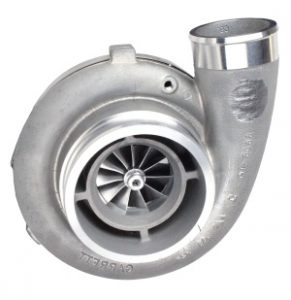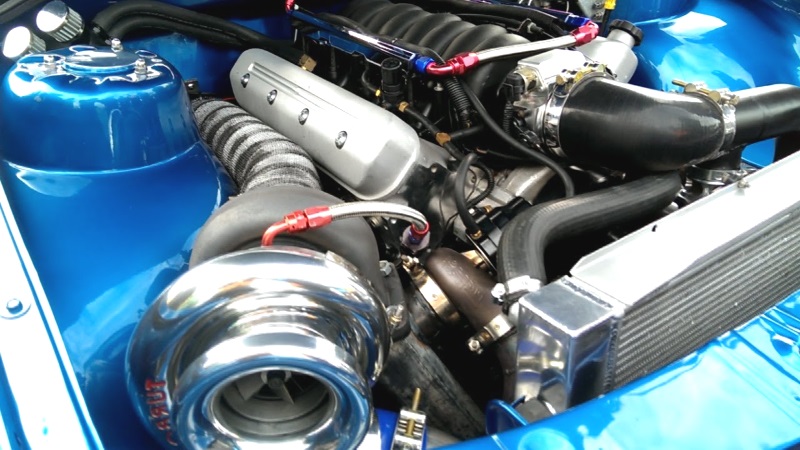So, what’s a turbocharger then?

Alright, so let’s have a quick chat about turbos. You probably know they give your car a bit more punch, but here’s the guts of it. A turbocharger is a bit like a set of lungs for your engine – it forces in extra air so your car gets a boost every time you press the accelerator. More air in the engine means more fuel gets burned, and that equals more power to get you up the Cambridge Road hills or past that slow ute on Wairere Drive.
The basic setup is pretty clever: a turbo is made up of a turbine and a compressor. As your engine spits out exhaust (think sitting in traffic on Victoria St, with all those start-stops), it spins the turbine, which then spins the compressor, shoving even more air into the engine. Used right, it can make even a little Mazda Demio or Suzuki Swift feel way quicker than it looks!
If you want to get into the nitty gritty, check out this link: Learn more about how turbochargers work >
Why do turbos pack a sad?
Like anything in your engine, turbos work bloody hard and the Hamilton roads don’t do them any favours. Between all the potholes heading out to Morrinsville and constant speed bumps around Flagstaff, things wear out. Here’s what we see most often that causes turbocharger problems in the workshop:
Lack of oil – Turbos love clean, fresh oil. If you don’t keep your oil changes regular (easy to forget when you’re flat-out between kids’ cricket in Te Awamutu and the morning commute), things inside the turbo start to grind themselves down. Dirty oil means quicker wear and can even bake on and gum up the works.
Cracked housings or dodgy seals – Sometimes the seals or the turbo housing itself can crack from all the heating and cooling (especially after a hard drive down Cobham Drive then parking up in the cold on a foggy morning). Any leaks mean some of that boost gets lost before it even hits the engine.
Bearing damage – The bearings inside your turbo let it spin crazy-fast. If they get worn, you can end up with the compressor or turbine scraping the inside of the housing. You might notice a nasty grinding or the turbo just stops working right.
Wastegate sticking – The turbo’s wastegate basically manages pressure. If it sticks open or shut, you’ll either lose all your boost (so, your Nissan X-Trail acts gutless over the Fairfield Bridge), or, worse still, overboost and risk blowing things apart.
Faulty boost sensor – Most newer cars, like a Kia Seltos or VW Tiguan, have electronic sensors to measure boost pressure. If that’s faulty, the computer might freak out and throw a check engine light or drop you into limp mode until you sort it.
What signs should you look for?
Here’s what some of our regulars from places like Ngaruawahia or Matangi bring their cars in for when turbo troubles start:
Loss of power – Struggling to get up the Dinsdale hill or that usual grunt is missing when you need an overtake? Could be the turbo not spooling right.
Smoky exhaust – If you’re seeing grey or blue smoke out the back (especially after a cold Ngaroto morning), oil might be getting past the turbo seals.
Weird whining noise – Turbos have a sweet whistling sound when they’re working well. A high-pitched whine or screech probably means some damage inside, often bearings or air leaks.
Check engine light – That little engine light is pretty common, especially in Hyundais and Audis. If the boost sensor or other turbo bits are off, up pops the light. We can diagnose check engine lights in no time.
Poor fuel economy – If your car’s chugging through gas (and with fuel prices in NZ, that stings), a dud turbo might be to blame, since your engine’s not burning cleanly.
Excess emissions – Noticed more fumes or failed a WOF in Hamilton for emissions? Turbo issues can push unburned fuel and oil into the exhaust system.
Turbo Install & Replacement in Hamilton
Here at Grimmer Motors, we’re well used to sorting turbos on all sorts – everything from a Toyota Hilux running between Rototuna and Raglan, to a BMW X3 that deals with stop-start down Peachgrove Road every morning. We’ll check out your whole setup, from turbo to sensors. If you need a new one, we’ll get the job done right so you’re back enjoying some proper boost, better fuel economy, and smooth drives across the Waikato.
Want to get your turbo swapped or checked out? Give us a buzz or pop in – we’ll get you sorted faster than you can get stuck behind a tractor on the way to Cambridge.

